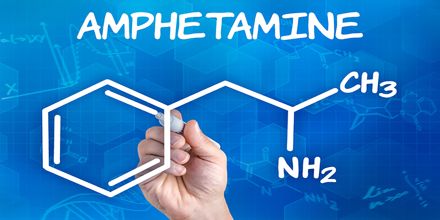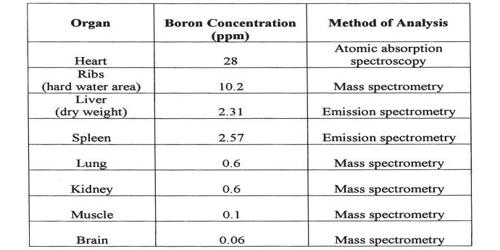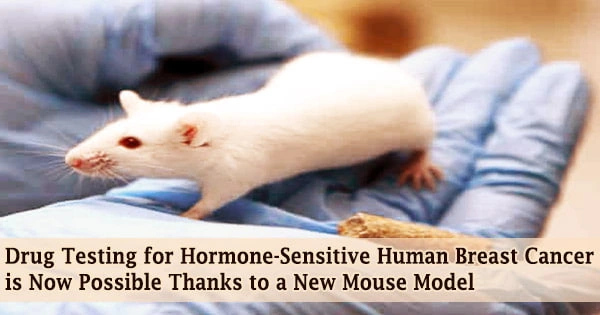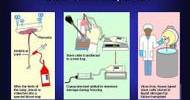Amphetamine Dependence
Amphetamines are a type of stimulant, and can be highly addictive. Amphetamine dependence occurs when you need the drug to function on a daily basis. Amphetamine use disorder is the continued use of amphetamine despite clinically significant distress or impairment.
Dextroamphetamine and methamphetamine are two types of amphetamines. They’re sometimes sold illegally. Both prescribed and street amphetamines can be abused and cause addiction. Methamphetamine is the most commonly abused amphetamine. Amphetamine dependence occurs when you need the drug to function on a daily basis. You’ll experience symptoms of withdrawal if you’re dependent and you abruptly stop using the drug.
What Causes Amphetamine Dependence?
Using amphetamines frequently and for a long time can cause dependence. Some people become dependent faster than others.
You may become dependent by using these drugs without a doctor’s prescription. You can also become dependent if you take more than you’re prescribed. You may even develop dependence if you take amphetamines according to your doctor’s directions.
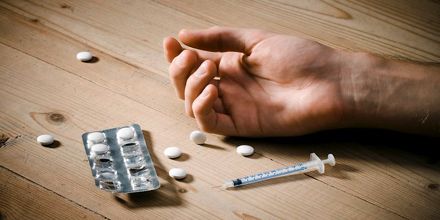
Risk for Amphetamine Dependence
You have a higher risk of developing amphetamine dependence if you have easy access to amphetamines; live in a culture where amphetamine use is viewed as acceptable and have mental disorders such as depression, bipolar disorder, anxiety disorders, or schizophrenia. If you have a stressful lifestyle, emotional problems and financial problems; is also risk for this problems.
Symptoms of Amphetamine Dependence?
If you’re dependent on amphetamines, you may: miss work or school; not complete or perform tasks as well; not care about physical appearance; have poor hygiene; lose a lot of weight; steal to get money to support your drug habit; try to hide your amphetamine abuse from others etc. mental problems are also occurs: make excuses to yourself and others to use amphetamines; experience withdrawal symptoms if you don’t use amphetamines; have episodes of violence and mood disturbances etc.
Amphetamine Dependence Diagnosed
To diagnose amphetamine dependence, your doctor may: ask you questions about how much and how long you’ve been using amphetamines and take blood tests to detect amphetamines in your system. Perform a physical exam and order tests to detect health problems caused by your amphetamine abuse

Amphetamine Dependence Treated
Treatments for amphetamine dependence may include a combination of the following.
Hospitalization
If you experience strong drug cravings, you may find it easier to go through amphetamine withdrawal in a hospital setting. This setting may also help if you have negative mood changes, including aggression and suicidal behavior.
Therapy
Individual counseling, family therapy, and group therapy can help you: identify why you use drugs; resolve problems that led you to use drugs; repair relationships with your family; discover activities you enjoy in place of drug use etc.
Prevent Amphetamine Dependence
Drug education programs can reduce the odds for new amphetamine use or a relapse. Counseling for emotional problems and family support can also help. However, none of these have been proven to prevent amphetamine use in everyone.
